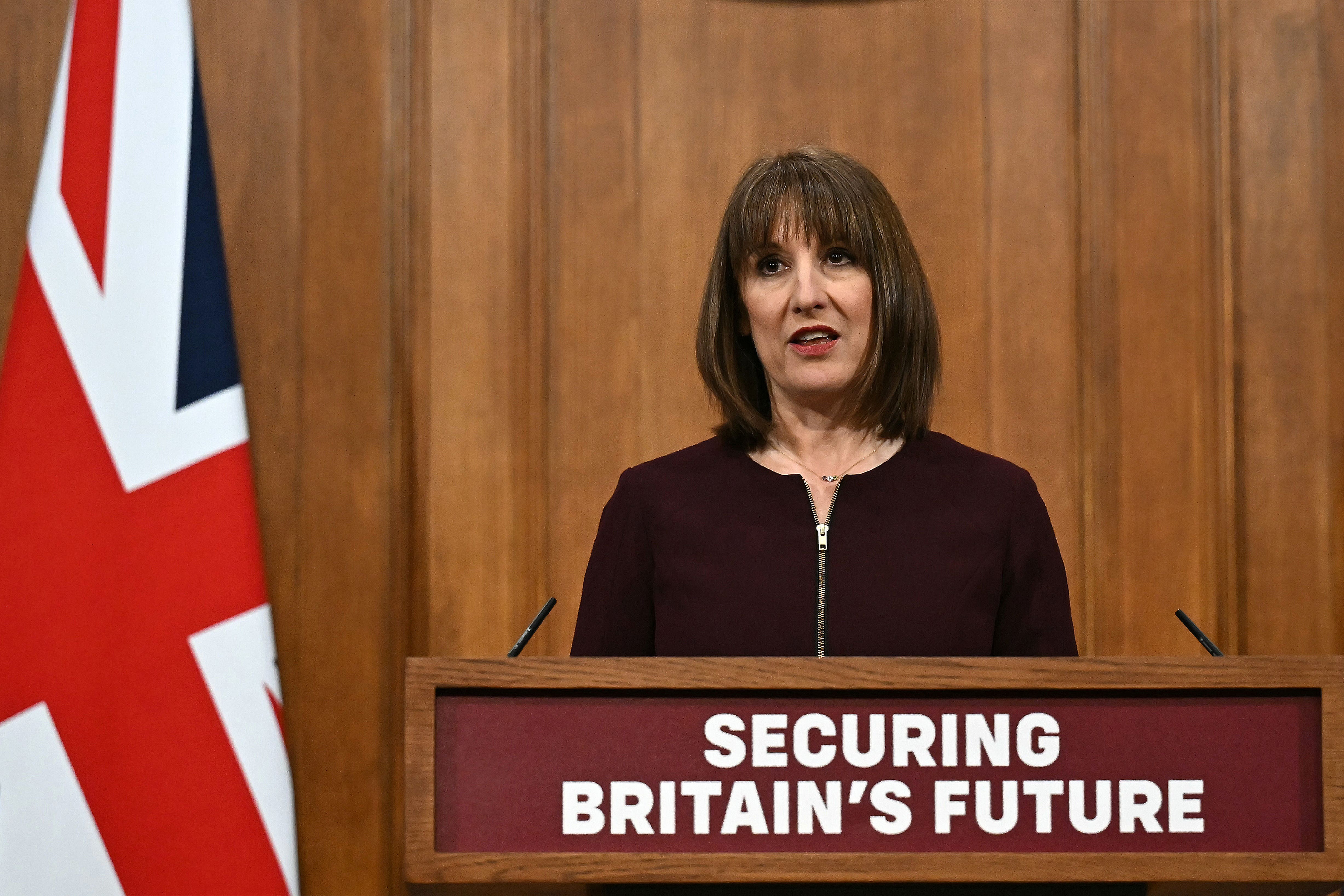Rachel Reeves’s personal and political credibility is on a knife edge after a hostile reaction to her spring statement.
Economic experts said she could be forced to announce “blockbuster” tax rises in six months to make her sums add up.
Critics claimed her future as chancellor is under threat as a result of “errors” she has made since taking charge of the economy last year.
They said her decision to increase employers’ national insurance contributions, which takes effect in April, combined with taking freebies to pop concerts, has dealt a further blow to her reputation.

Delivering her spring statement on Wednesday, the chancellor unveiled a £14bn package to repair the UK economy that included cuts to welfare, prompting criticism from Labour MPs who urged her to reverse cuts amid warnings they will lead to increased poverty.
She also denied there will be further tax rises or spending cuts at the autumn budget to balance the books, but stopped short of ruling them out entirely.
The controversy over Ms Reeves comes as her hopes of stimulating growth in the UK economy received a blow with Donald Trump’s announcement of 25 per cent tariffs on car imports which will hit British firms badly.
In a snapshot assessment, IFS director Paul Johnson warned that Ms Reeves had opened the door to six months of “damaging speculation and uncertainty over tax policy” ahead of the next budget after the statement.
The £9.9 billion buffer maintained by Ms Reeves to meet her self-imposed rule of covering day-to-day spending with tax receipts rather than borrowing is small by historic standards.
The IFS director added: “We might be in for another blockbuster autumn budget. That didn’t go well between last July’s election and October’s budget. I fear a longer rerun this year.”
Initial analysis from the Resolution Foundation said the combination of a weak economic outlook and benefit cuts that fall disproportionately on lower-income families means that average income for the poorest half of households is on track to fall by £500 on average over the next five years.
Ruth Curtice, chief executive of the Resolution Foundation, said: “The outlook for living standards remains bleak.
“Britain’s poor economic performance, combined with policies that bear down hardest on those on modest incomes, mean that 10 million working-age households across the bottom half of the income distribution are on track to get £500 a year poorer over the course of the Parliament.”
Amid warnings about the impact of the cuts, the chancellor told Sky News: “I am absolutely certain that our reforms, instead of pushing people into poverty, are going to get people into work.
“And we know that if you move from welfare into work, you are much less likely to be in poverty.
“That is our ambition, making people better off, not making people worse off, and also the welfare state will always be there for people who genuinely need it.”
The Office of Budget Responsibility (OBR) said the £14 billion of measures to restore Ms Reeves’s headroom back to £9.9 billion came from “direct savings from welfare reforms and the reduction in day-to-day departmental spending” along with the “indirect boost” from changes such as planning reforms.
The budget watchdog also halved its forecast for growth in gross domestic product in 2025 from 2 per cent to just 1 per cent but upgraded its forecasts for subsequent years.
GDP is expected to increase by 1.9 per cent in 2026, 1.8 per cent in 2027, 1.7 per cent in 2028 and 1.8 per cent in 2029, though the watchdog warned tariffs threatened by Donald Trump could wipe out the Chancellor’s relatively thin £9.9 billion buffer.

